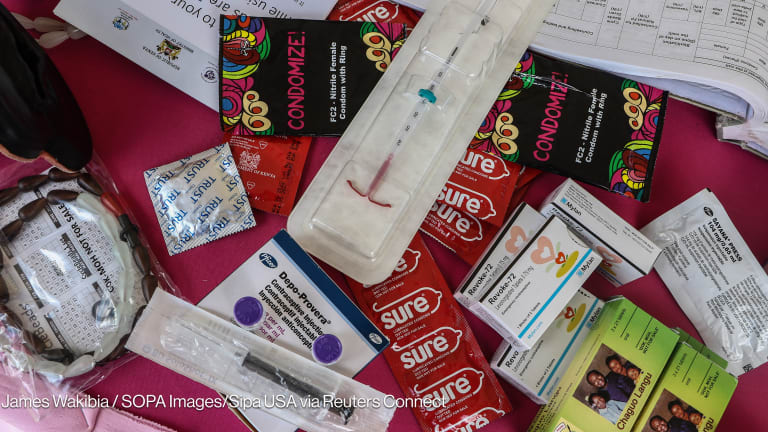It is a simple truth: access to quality family planning saves lives, bolsters economies and improves health outcomes for individuals and communities.
And to build a healthy and sustainable world for future generations, we must address the unmet need for family planning resources and services that leads to hundreds of thousands of deaths each year.
As a global community we have made a number of important commitments to do so. In 2012, we created Family Planning 2020, an international partnership working to enable 120 million more women and girls to use contraceptives by 2020. Just this September at the United Nation’s General Assembly, the global development community also ratified the Sustainable Development Goals, which call for universal access to sexual and reproductive health services by 2030.








